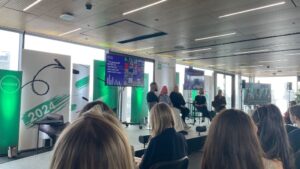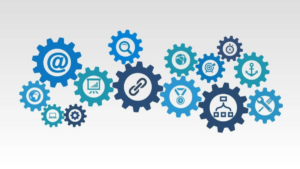One in three workers expect AI to lead to the loss of their current job, according to a newly published survey from Ipsos.
The global research report which questioned 22,816 adults on their attitudes to artificial intelligence reaved that on average across 31 countries, nearly as many adults say that products and services that use AI make them nervous (52%) as say they are excited about them (54%).
The majority of those surveyed across all counties expect AI-powered products and services to profoundly change their daily life in the coming years. On average, 57% of workers expect AI to change the way they do their current job and 36% expect it to replace their current job.
Reported understanding of AI has increased slightly over the past 18 months, but familiarity with which products and services use AI has barely changed since Ipsos’ previous global survey on AI in December 2021.
On average across the 31 countries surveyed, two-thirds (67%) say they have a good understanding of what AI is, but only half (51%) say they know which products and services use AI.
Only about half of respondents agree that AI-based and services have more benefits than drawbacks (54%) and are excited about them (also 54%). However, about the same number (52%) are nervous about AI-based products and services.
Knowledge of what products and services use AI is higher among younger adults, men, those who are employed, more educated, and/or more affluent.
Responding to the report Sjuul van der Leeuw, CEO of Deployteq said: “AI will have a seismic impact on the way businesses operate, ushering in a new era of efficiency and transforming traditional job roles beyond all recognition. Yet no matter how powerful this technology becomes, the tools and benefits it brings should always be used to optimise and empower workers rather than replace them.”
He continued, “For example, the use of generative AI and automation is already enabling the creative industries to produce incredible campaigns, overhauling traditional sales and marketing processes, and ushering in a new era of AI-backed creativity which is ultimately led by people rather than machines.”











